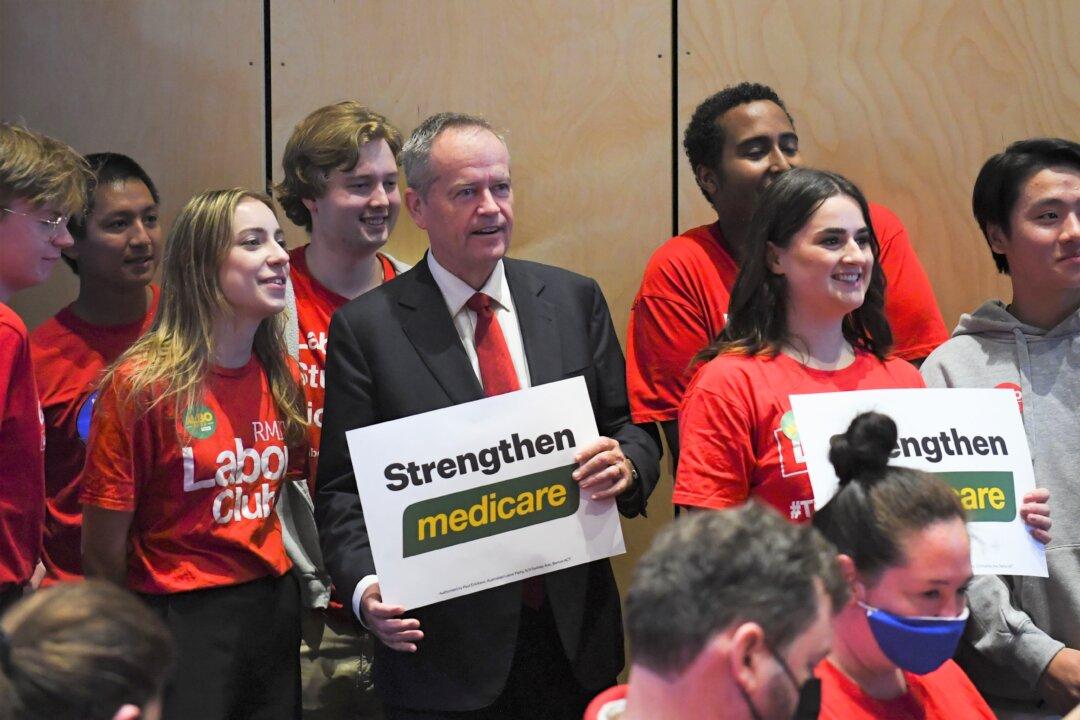A former health advisor to the federal and Victorian state governments is calling for honesty on the sustainability of Australia’s public health system, warning it was impossible to “grant every wish” around funding.
Healthcare reform has been one of the hot topics in the current federal election cycle, with the centre-left opposition Labor Party promising to expand aged care services, and shake-up the $30 billion (US$22.03 billion) NDIS program—an ambitious scheme introduced under the Labor government in 2013 to pay for disability services.





